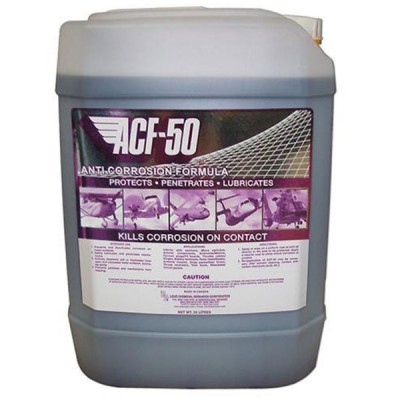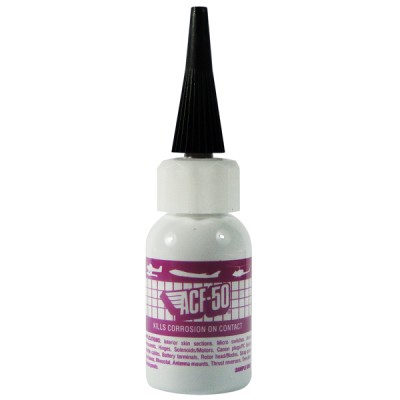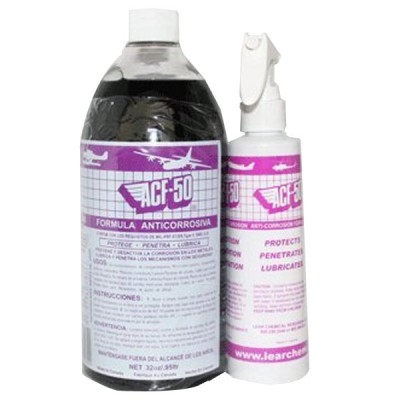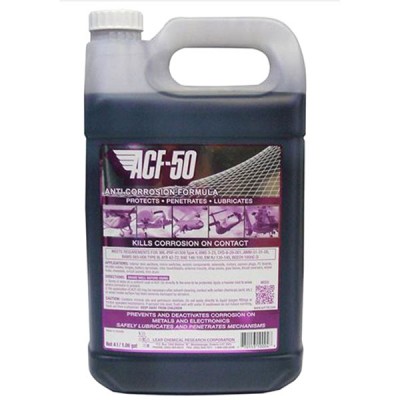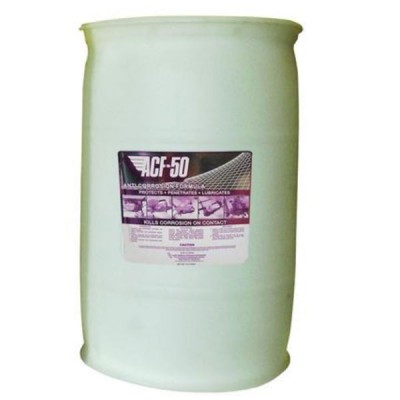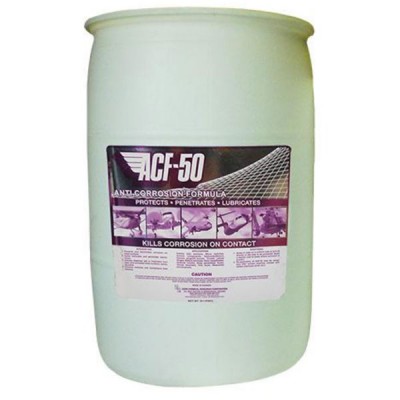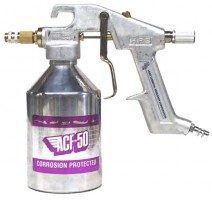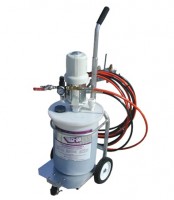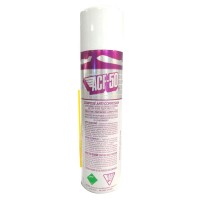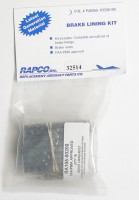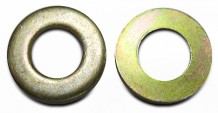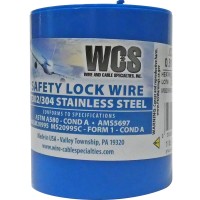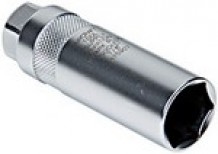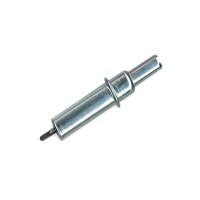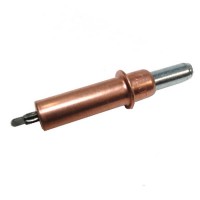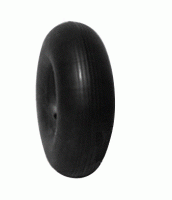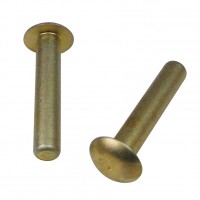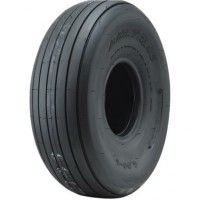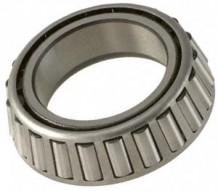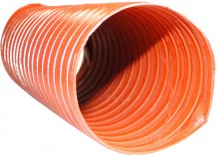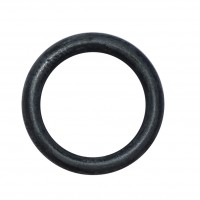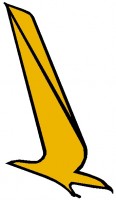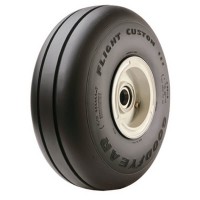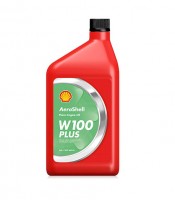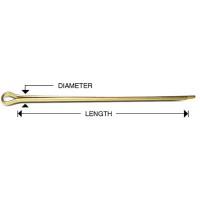Aircraft Spruce Canada
Brantford, ON Canada
Corona, CA | Peachtree City, GA
Chicago, IL | Wasilla, AK
ACF-50 Anti Corrosion Formula 20 Liter Pail
MFR Model# 10020
Overview
|
ACF-50 is a state-of-the-art compound for controlling corrosion on aircraft electrical and avionics systems and airframes. ACF-50 is designed for owners of strut equipped Piper aircraft to comply with new Piper bulletin 5280C requiring lift strut inspection. ACF-50 kills the corrosion process with just one application and will last for 24 months. Microswitches, cannon plugs, and relays will remain corrosion free. Plus, ACF-50 will easily free seized nuts, screws and bolts. ACF-50 is qualified under Mil-C-81309E, and manufactured under ISO 9000 Certified Processes. ACF-50 holds written OEM approvals from: Gulfstream, Bombardier, ATR Regional Transport, Douglas/Boeing Helicopter, Bell/Textron, Robinson, Enstrom, Sikorsky, MD Helicopters, Schweitzer, Hiller, British Aerospace, Concorde Battery, Raytheon, Piper, Cessna, Pilatus, Beech, Van's, Extra, Air Tractor, Lake, Rolls-Royce, Britten-Norman, Learjet, McDonnell Douglas, and Canadair. Try ACF-50. You will truly be amazed at the results! |
Product Brochure
ACF-50 BrochureProduct Lab Performance
Lab PerformanceVideos
Reviews
Must-have compound to keep around the hangar when you fly older airplanes. Amazing stuff.
Works great. I use it on my firewall. I have a liquid cooled engine. The radiator overflow bottle tends to splash a little during start up and shut down. This works great at keeping my firewall corrosion free
Great product !
I use this on my firewall
!!!! EXCELLENT !!!
best product anyone can ever use to prevent corrosion. you can literally spray it anywhere you like.
Excellent product and service
Timely delivery, well packaged.
Best purpose built product. The mechanics use it in bulk as a fogger in the wings and I use it occasionally in the nose and tail areas.
Had a shop apply this behind my fuel tanks all along the spar to my Cherokee 160 after inspecting the tanks. Not part of the Service Bulletin but a good way to prevent future problems. Its good stuff, Ive used it on a few spots of my plane before and it changes to a dark colour immediately and the loose stuff wipes right off. Just be really careful about broad applications with it if you have an old bird like mine... This stuff has been known to cause smoking rivets real bad and can stop one problem while creating another. Use it sparingly if you can and only where needed to avoid this.
Q&A
Please note, Aircraft Spruce Canada's personnel are not certified aircraft mechanics and can only provide general support and ideas, which should not be relied upon or implemented in lieu of consulting an A&P or other qualified technician. Aircraft Spruce Canada assumes no responsibility or liability for any issue or problem which may arise from any repair, modification or other work done from this knowledge base. Any product eligibility information provided here is based on general application guides and we recommend always referring to your specific aircraft parts manual, the parts manufacturer or consulting with a qualified mechanic.
According to manufacturing certs, this product is best used within 2 years of the date of manufacture.
This product works great on chrome and should not cause any discoloration. Should be fine on a chrome exhaust. ACF recommends using with a micro-fiber cloth.
Yes, This is an anti-corrosion material which can be used on aviation or automotive applications.
Per the manufacturer: If the surface has corrosion then yes, it will visibly remove it, but if the surface has rust then no. It will not remove rust. The customer would have to clean the areas that have rust and then apply ACF-50 to prevent any more rust from appearing. Tough to say exactly how much you would need. I would think at least close to a 4 liter jug, just guessing of course. Yes, you can use a paint sprayer and that would require more product.
ACF-50 has applicators to use with their products. We have added them as "Accessories" to this webpage.
This is not recomended to be used inside light aircraft fuel tanks. This is not an area where ACF-50 was designed for as it would mix with the fuel and can cause other issues. It would not have anything to do with an FAA approval, it is just something that is not recommended by the manufacturer.
The ACF-50 is active so there will always be a bit of film.
ACF-50 will not negatively effect bonded structures in any way...and is perfectly safe for "all" composite aircraft structures....including the Grumman Yankee and Tiger...
Only the aerosol can is considered HazMat for shipping. The non-aerosol can be shipped air without additional fees.
Yes, it can be used inside the aircraft.

 Aircraft Spruce Canada
Aircraft Spruce Canada
